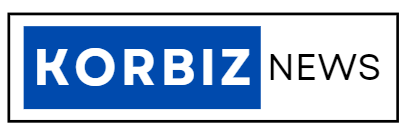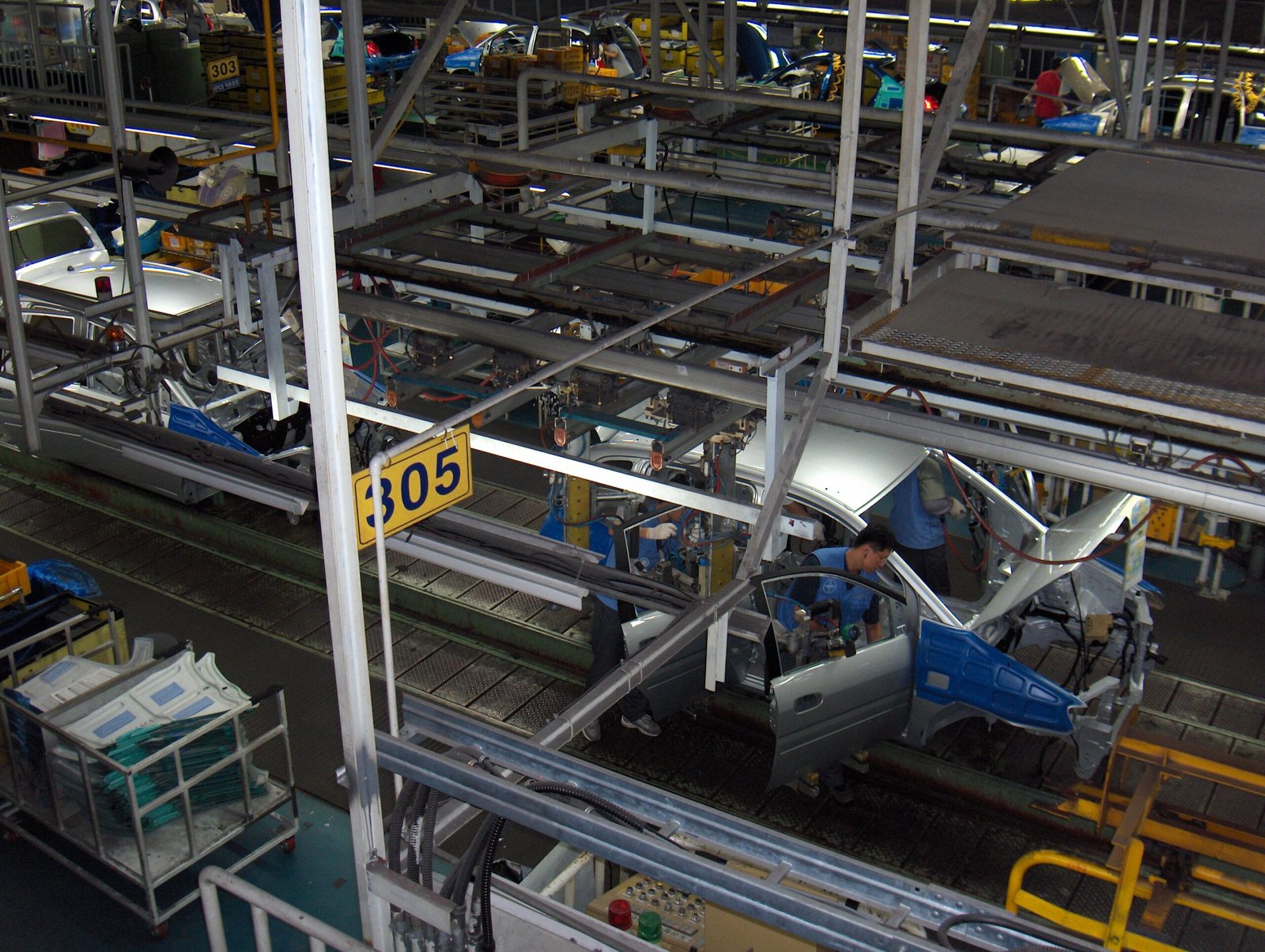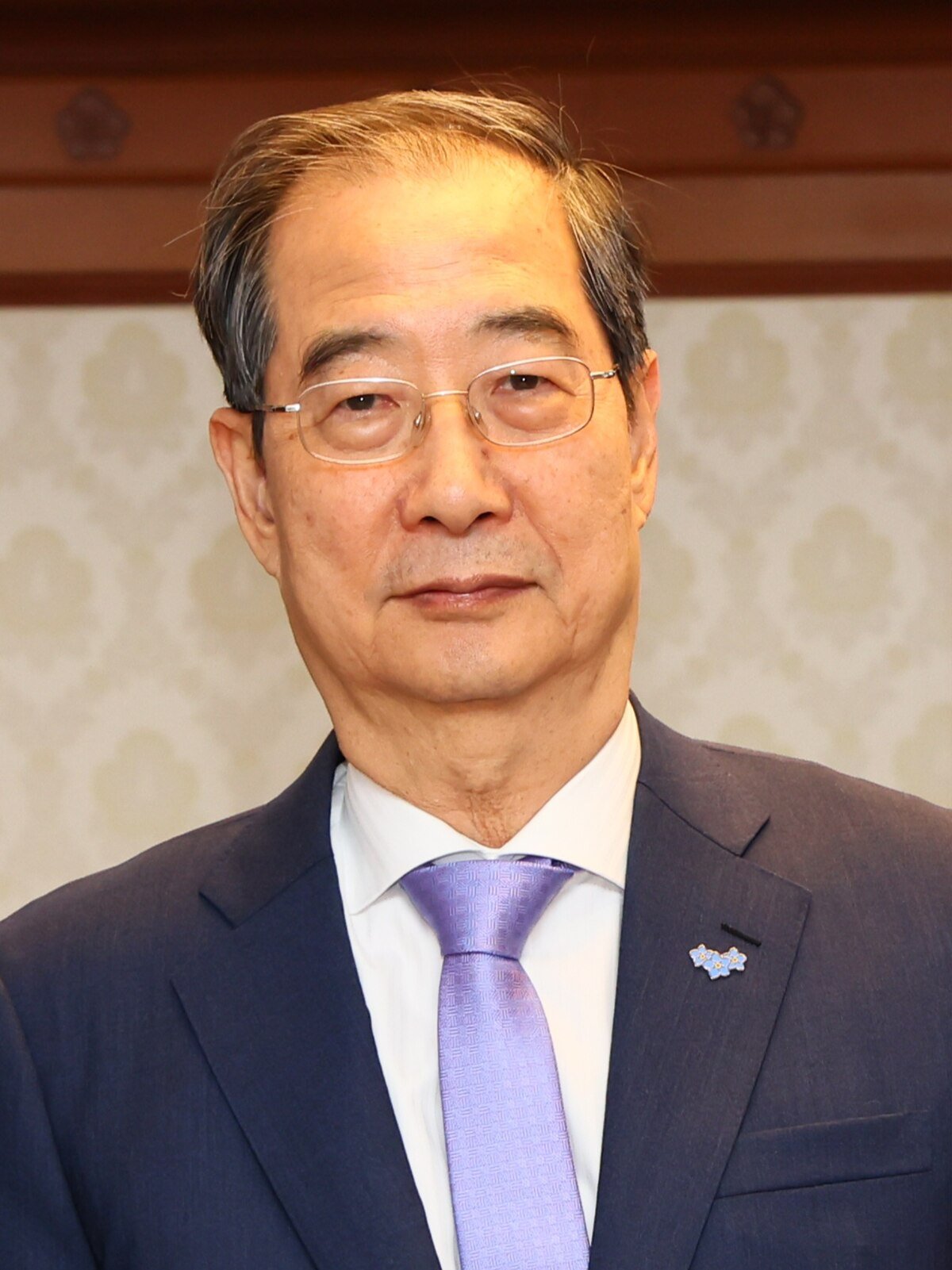
South Korea’s consumer prices slowed to an 11-month low in June, though prices of fresh food items and petroleum products remained high, data showed Tuesday.
Consumer prices, a key gauge of inflation, rose 2.4 percent on-year last month, compared with a 2.7 percent on-year rise a month earlier, according to the data from Statistics Korea.
It was the third consecutive month that the price decelerated and stayed below 3 percent, and June’s figure marked the lowest level since July 2023, when consumer prices grew 2.4 percent.
In January, inflation fell below 3 percent for the first time since July 2023 to come to 2.8 percent, but it rose back to 3.1 percent in February and stayed at the same level the following month before falling to 2.9 percent in April.
Inflation in June was led by high prices of farm produce, particularly fruits.
Prices of agricultural, livestock and fisheries products went up 6.5 percent on-year. Agricultural products, in particular, spiked 13.3 percent, which accounted for a 0.49 percentage-point increase in overall inflation.
Of major items, prices of apples soared 63.1 percent, and prices of pears surged by a record level of 139.6 percent.
Prices of dried seaweed, called “gim” in Korean, jumped 28.6 percent on-year in June, logging the sharpest increase since December 1987.
Agency officials said the country is experiencing a supply shortage of fruits due to poor harvests last year amid unfavorable weather conditions, and such high prices are expected to continue for some time.
Prices of petroleum products rose 4.3 percent on-year in June, accelerating from the previous month’s 3.1 percent growth, due to a base effect and instability in global oil prices over the Middle East crisis.
It marked the highest increase since December 2022.
Service prices gained 2.2 percent on-year in June.
Core inflation, which excludes volatile food and energy prices, added 2.2 percent.
Prices of daily necessities — 144 items closely related to people’s everyday lives, such as food, clothing and housing — climbed 2.8 percent last month, the data showed.
“Uncertainties in prices are feared to grow due to climate effects in summer and continued volatility in global oil prices,” First Vice Finance Minister Kim Byoung-hwan said during an economy-related vice ministers’ meeting.
“The government will stay vigilant and continue to make efforts to stabilize prices of items that are closely linked to the everyday lives of the people, in particular,” he added.
The ministry vowed to enhance market monitoring against possible hikes in fuel prices after the government lowered the cap for the tax cut on fuel for automobiles.
South Korea extended the fuel tax cut scheme by two months through end-August but adjusted the reduction rate for gasoline to 20 percent from 25 percent and that for diesel and LPG butane to 30 percent from the previous 37 percent discount.
The government has said that the country is projected to reach the target rate of 2 percent by around the end of 2024, though prices are forecast to ease at a slower pace than earlier expected.
The finance ministry expects this year’s prices to rise 2.6 percent. (Yonhap)






